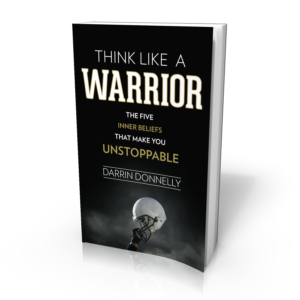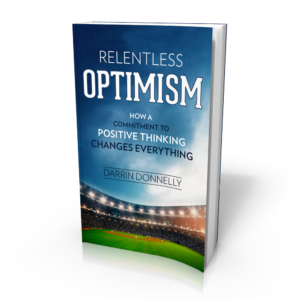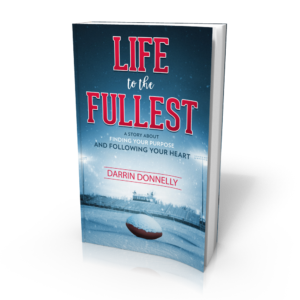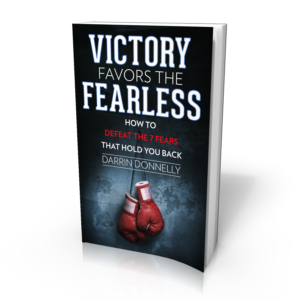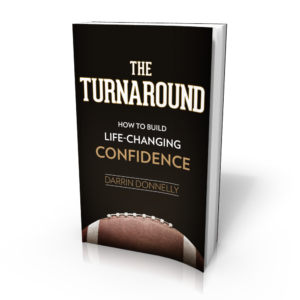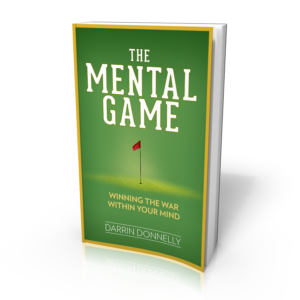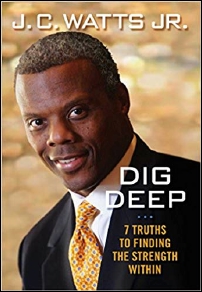 Goals are vital to a person’s wellbeing. Numerous studies have shown that simply writing down specific, measurable goals will give you a distinct advantage over those who don’t.
Goals are vital to a person’s wellbeing. Numerous studies have shown that simply writing down specific, measurable goals will give you a distinct advantage over those who don’t.
I’ve personally seen the power of goal-setting work again and again in my life. But I’ve also found—as you probably have too—that setting goals alone is not enough.
There is a way to take goal-setting to another level.
When we write down goals, by definition, we are writing down things we’d like to obtain. We set financial goals about how much money we want to earn in the next year. We set fitness goals like losing ten pounds or setting a new personal bench press record. We set material goals about the house we want to live in and the car we want to drive. We set career goals such as closing X number of sales or landing a specific job.
While all these goals are important and necessary, you’ll notice that they are all about what you can get and not necessarily about what you can be. This isn’t necessarily a problem, but it can be if you haven’t taken the time to really think about who it is you want to become in life.
You’ll be much more likely to achieve your goals if they are tied to a larger vision of who you want to be. Your goals need to be a natural extension of your purpose or calling.
Sometimes, we can be so focused on our outward goals that we don’t stop to evaluate whether those goals fit well with our greater purpose—that is, the vision we have of who we want to become. In fact, there are times when pursuing certain goals can be in direct conflict with our inner calling. This will self-sabotage our goals before we ever begin pursuing them.
Deep down, we all have a sense of who we’re called to be. We all have an internal compass guiding us to our purpose in life.
If your outward goals don’t align with this inner vision you have for yourself, you’ll never achieve them. You’ll question those goals and get easily frustrated whenever you encounter setbacks. You’ll find yourself wondering if all the effort is worth it.
J.C. Watts Jr., the former football player and four-term U.S. Congressman, addresses the power of this vision in his new book…
[There’s a force that] can pull you and me through any obstacles and resistance we encounter. That force is a future-oriented vision, a sense of purpose or calling. It’s a clear inner picture of who you want to become and what you will be doing ten, twenty, thirty years from now. The more vivid and detailed that picture, the more power it will have to propel you forward.
That vision—a clear sense of higher purpose—makes it possible to endure the short-term pain.
If you don’t have a clear picture of the person you’re called to be in the future, how can you know whether the things you’re investing your time and effort in are moving you closer to being that person? As the Roman statesman Seneca observed, “To be the person who does not know where he wants to go, there is no favorable wind.”
– J.C. Watts Jr., from his book Dig Deep
Take your goals to the next level by first envisioning the type of person you want to become. What does the best version of you look like? Think of this in terms of faith, family, health, and career.
Once you have this vision clearly in your mind, you’ll be able to set goals that are aligned with your purpose. Then, as you pursue your goals, that greater vision of yourself will fuel you through any obstacles that get in your way.
Make sure you’re always on the path to becoming the best version of yourself that you can imagine.
